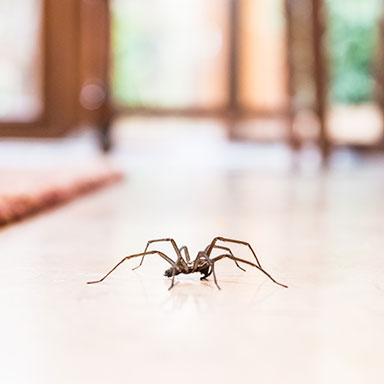Spiders are considered nuisance pests that you would rather try to get rid of in the home than to keep. Can spiders breed and multiply? They sure can. But not only can they create nests outside the house, but they also may find a secret place inside your home where you aren’t paying attention.
When and Where Do Spiders Prefer to Nest?
Although spiders can move into a home at any time during the year, there are more favorable times and areas in the home that spiders prefer to nest than others.
Springtime is when homeowners may happen to find the most activity of spiders in the home. Spiders tend to nest in areas that are low to the ground, somewhere inside or around the home’s foundation. Basements, sheds and garages are common places that spiders are partial to, due to these places providing them with plenty of darkness and moisture.
Spiders lay eggs in these damp, dark areas, where there may be a rapid rate of maturity for eggs and nothing to intervene. Inside of each of these eggs might be up to hundreds of baby spiders. While they all likely don’t survive, a large number of them do and wander around the home while they mature.
What Do Spider Eggs Look Like?
A spider’s eggs can look like small, white, round spheres, similar to golf balls. These eggs may be wrapped inside of a silk egg sac by the spider as a means to incubate the offspring. If you see either of these things or signs of them, deal with them as soon as you can. It typically takes in between two to three weeks for spider eggs to hatch.
How to Deal with Spider Eggs?
Wherever you might see a spider web, vacuum it up and the area around it. If you have boxes, equipment or other things that you store somewhere, whether it be inside or outside the home, consider moving those things to a different area that may seem less appealing for a spider.
Reach out to Valley Pest Solutions for inquiries or emergency pest control. Valley Pest control has been serving families in and around Joaquin County with quality services and customer support. Contact Valley Pest Solutions to learn how we can better assist you.

